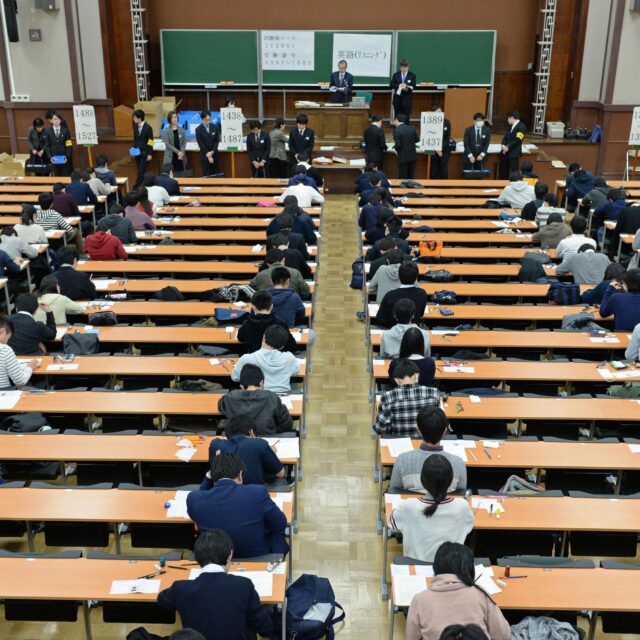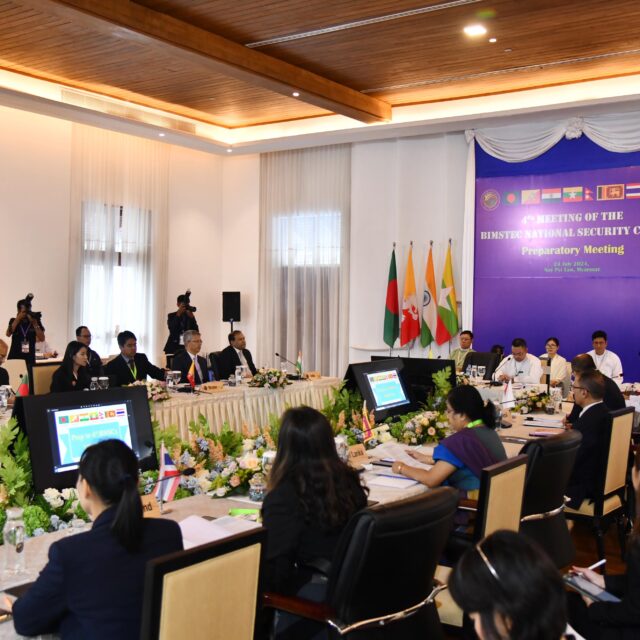The global accumulation of waste continues to surge at an alarming rate, posing a significant threat to our planet’s health. However, this waste is not merely a problem; it holds potential as a valuable resource for reuse, recycling, and reproduction, playing a crucial role in reducing environmental pollution and bolstering conservation efforts.
Scientists advocate for repurposing waste into new raw materials, emphasizing the potential to save energy, money, and natural resources. By embracing waste reuse, we can significantly diminish air pollution stemming from fossil fuels like coal, oil, and natural gas. Despite a staggering annual disposal of over two billion tonnes of waste by the global population, a disconcerting 33 per cent is not safely discarded, leading to hazardous waste disposal and subsequent soil and air pollution.
Recognizing the need for systematic waste management, individuals must actively contribute by minimizing waste generation at home and embracing reuse and recycling practices. Plastic bags, for instance, take hundreds of years to decompose, and innovative solutions like China’s anti-plastic virus showcase the potential for mitigating the dangers of plastic waste.
Improper waste management contributes to water pollution in oceans and seas, resulting in blocked drains, flooding, communicable diseases, social issues, respiratory problems due to waste incineration, and harm to animals ingesting waste inadvertently. Furthermore, emissions from landfill waste contribute to air pollution, releasing gases such as carbon dioxide into the atmosphere.
With many nations heavily reliant on fossil fuels, the global atmosphere is saturated with carbon and some other gases and dioxide, contributing to the emission of 1,700 tonnes of greenhouse gases per second. Global countries must urgently seek alternative solutions to fossil fuels to escape the clutches of air, water, and soil pollution and different situations based on unsystematic waste disposal.
Pollution, mainly from fossil fuel particles, exacerbates climate change and global warming, hindering progress due to the business-oriented activities of certain developed nations. Millions of lives are claimed annually due to air pollution, costing the global economy a staggering $8 billion daily.
That is why Myanmar, like many other nations, must learn from the dangers of improper waste disposal, aligning its efforts with national strategic plans to swiftly create environments free from pollution’s perils. It is imperative for everyone to prioritize the health of our planet and take collective action to ensure a sustainable and pollution-free future.
Address waste issue: A call for environmental responsibility
- January 21, 2024
- 265













